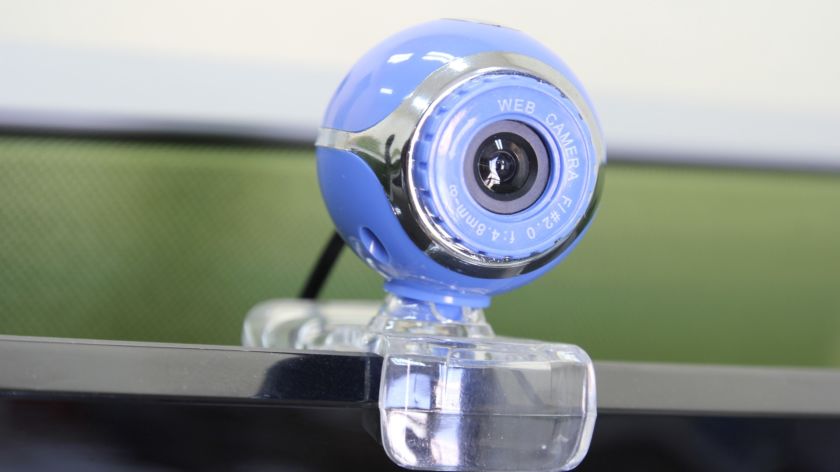Participational bodies block the use of online proctoring in the new academic year
-
 Via Pixabay
Via Pixabay
The works council and student council do not agree with the use of online surveillance software for monitoring exams in the new academic year. They informed the Executive Board of this yesterday.
Over the past year, many students have become familiar with online proctoring: a method by which they are monitored at home while taking exams. The software has access to the student’s microphone and webcam, and can read what programs are running on the computer – all to minimise the risk of cheating and other forms of fraud during a test.
A discussion about the software erupted soon after its first deployment. Students feel that their privacy is being invaded if they have to turn their webcams on or make scans of their desks. There are also many questions about how effective the software is: will students with malicious intent not be able to circumvent the software after all? Recent research has also shown that exams with online proctoring create extra stress for students.
The Executive Board of Radboud University has always taken the position that online proctoring is a necessary evil in times of distance education. It is a choice between either study delays or exams with online proctoring. According to the Board, exams will take place on campus again as soon as possible. Moreover, lecturers should only resort to the anti-cheat software if no other form of examination is possible.
Deadlock
Ever since the participational bodies and the Board began discussing the use of online proctoring they have been at odds over the role of the participational bodies. Until now, the Board has always taken the stance that it has not needed the consent of the University Joint Assembly (UGV) to use online proctoring. The UGV believes that it does.
In order to break the deadlock, the participational bodies finally went to the Foundation Board, which appointed a committee led by former minister Wim Deetman to make a binding ruling. In December it ruled that, due to the great importance students place on privacy, the UGV has the right of assent to the use of online proctoring.
The University Joint Assembly (in which the Works Council and the Student Council are represented) is now using this right to put a stop to the use of Proctorio’s software in the new academic year, should the coronavirus measures still render it necessary.
Other considerations
According to the Works Council chairman, Ezra Delahaije, the UGV did not come to this decision overnight. ‘The college says that it is justified using Proctorio, despite the invasion of student privacy. We consider this invasion disproportionate,’ he says. According to Delahaije, the Executive Board has not sufficiently demonstrated that there are no alternatives to online proctoring. Moreover, online proctoring does not guarantee that fraud will not be committed. Delahaije: ‘That is why we have made a different assessment.’
Student Council president, Daan Willems, points out that the college has always inflexibly insisted on the choice between a study delay and exams with online proctoring. ‘But it is not that simple,’ he says. ‘The university still has six months to develop alternative methods of assessment if the coronavirus measures make in-person exams impossible in the new academic year. There is still a lot to be gained in this respect.’
The Executive Board has not responded to the UGV’s decision yet, nor has it announced any new steps. The college may start another dispute with the Supervisory Board (formerly the Foundation Board) or make a fresh attempt to convince the participational body to agree.



